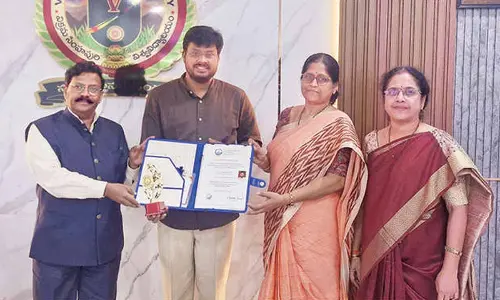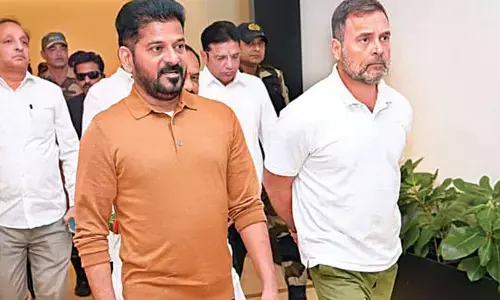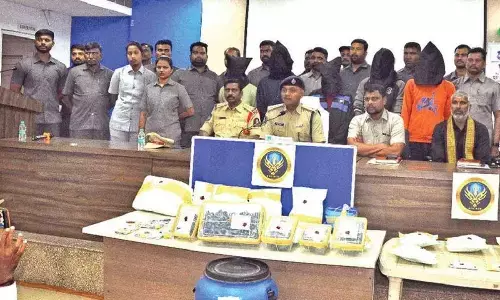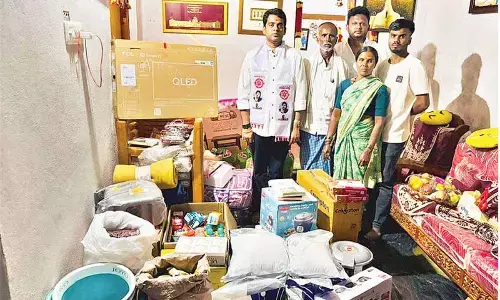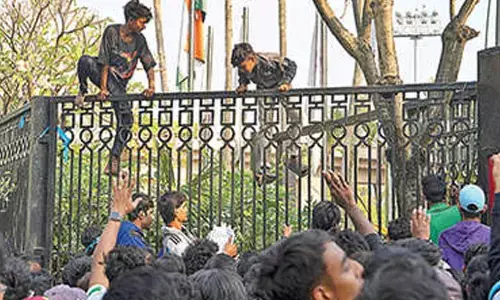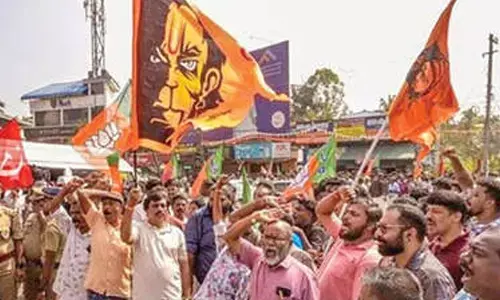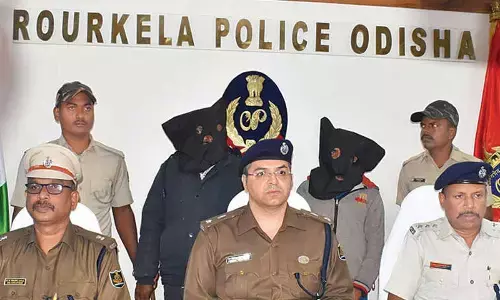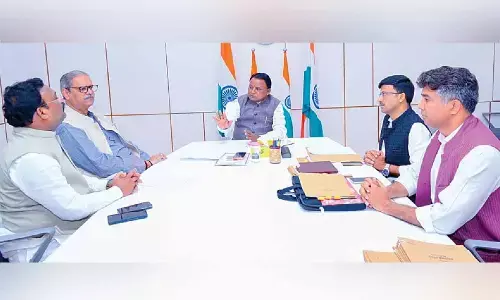Studies at the Local Level Essential for the Preservation of the Western Ghats --Dr. Ullas Karanth

Dr. Ullas Karanth, a senior wildlife expert and former director of the Wildlife Conservation Society of India, says that to ensure effective conservation efforts, the Western Ghats, which are renowned for their rich biodiversity and extensive forest wealth, need to be thoroughly studied at the grassroots level.
Udupi: Dr. Ullas Karanth, a senior wildlife expert and former director of the Wildlife Conservation Society of India, says that to ensure effective conservation efforts, the Western Ghats, which are renowned for their rich biodiversity and extensive forest wealth, need to be thoroughly studied at the grassroots level.
Dr. Karanth stressed that broad reports and aerial surveys alone are insufficient for achieving environmental conservation during a Thursday interaction with journalists in Udupi. He stated that "in-depth field research and on-the-ground assessments need to be the foundation of conservation efforts."
He also emphasised the growing opposition to environmental and wildlife conservation initiatives from the local communities. Dr. Karanth ascribed this resistance to the contentious Madhav Gadgil Committee report, which suggested broad environmental safeguards that included whole taluks and villages without adequately involving the local populace. "Public resistance has been fuelled by the lack of meaningful grassroots involvement in these studies," he said.
Introduced as a corrective measure to address concerns raised by the Gadgil report, the Kasturirangan Committee report has also come under fire, with many believing it to be insufficient. Dr. Karanth pointed out that the report's negative reception made efforts to save the Western Ghats even more difficult.
Conservation efforts should be based on reports and studies that involve the local communities and their representatives. "If people's opinions are not taken into consideration, there will continue to be widespread opposition to future environmental protection initiatives," he warned. He emphasised the need for more systematic identification and study of micro-ecological zones and forest cover.
To ensure the success of future projects, Dr. Karanth urged government officials and policymakers to be more sensitive to the sentiments surrounding environmental conservation and to meaningfully engage local communities.(eom)








